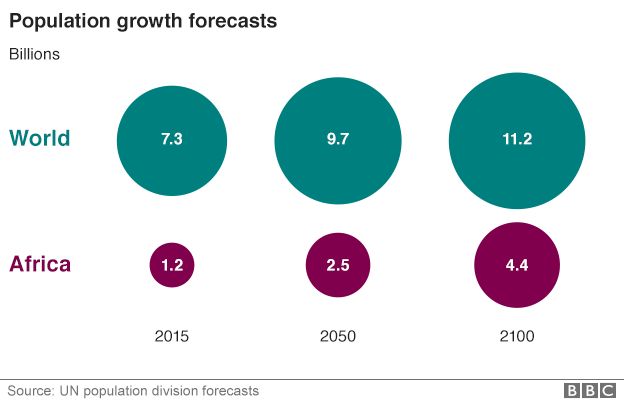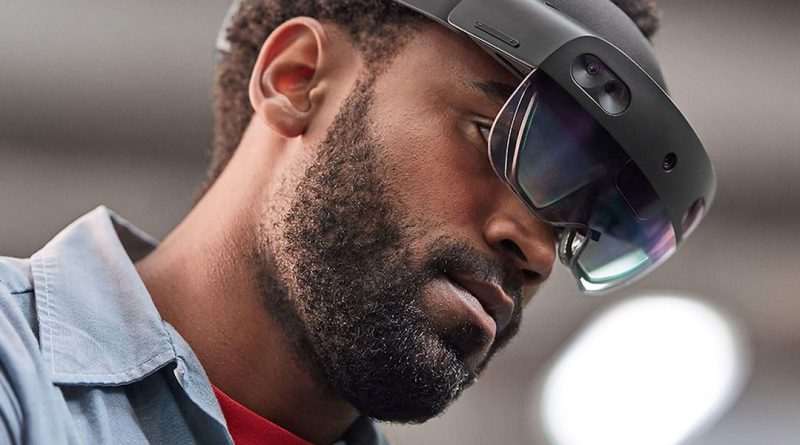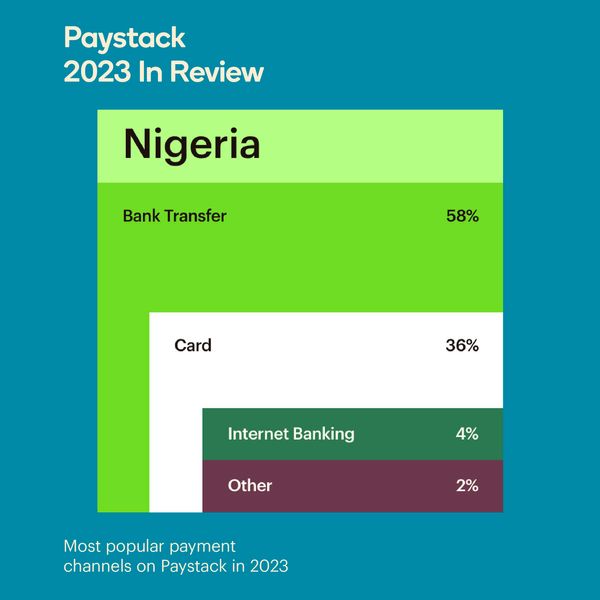'Innovation' has become a buzzword. How to define it, how important it is, how it changes the way we work. Innovative efforts around telecommunication and mobile money have provided apparent leaps that are nudging society towards advancement. Although 74% of Africans say that Africa is innovating for the future, it still falls short, as innovation is simple and more complex than most people assume.

Innovation is primarily problem-solving. Once you have an eye for identifying problems, there is somewhat a path to innovation. It can also be complex because there are many more problems than available solutions today. After all, a structured process to the solution comes with complexity.
In the last decade, Africa has remained linked to the innovation buzz, and I wonder if we can question the reality of the region’s readiness and modernization. The continent skipped two stages of the industrial revolution but is quickly adopting technology practices, especially mobile technology, it may be worth exploring what drives this and how sustainable it is.
The recent pandemic has changed our lives forever, leaving us with no choice to evolve or go obsolete. The question remains, how ready are we for the future? The stats project that Africa's population will double by 2050 and account for over a quarter of the world population's working age. Furthermore, Lagos in Nigeria could be the most populated city in the world by 2100.

Have we created structures that will accommodate this growth? So, in between the buzz of innovation and the stats before us, it may be wise that we turn our focus to be more mindful of building a society that encourages more change makers and disruptors than sensationalizing innovation consumption.
In one of his keynotes, Microsoft CEO Satya Nadella said,
“The reinvention of Microsoft will be in Africa”
Following this statement, Microsoft has set up the African Development Centre(ADC) in Lagos and Nairobi to develop engineering capacity and build local solutions for global impact. There is also the African Transformation Office (ATO), Microsoft Africa Research Institute (MARI) and several partnership initiatives with governments as Microsoft's aims to understand the continent’s challenges and propel digital transformation opportunities.
The region's success story is still in writing. We dare not diminish the enormity of its potential; yet, it is clear we are not innovating enough. Hopefully, our necessity will spur invention. However, the days ahead will demand informed and definitive action from Government, Industry and Academia to create an enabling environment for data-driven innovation.










